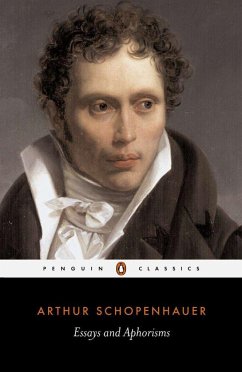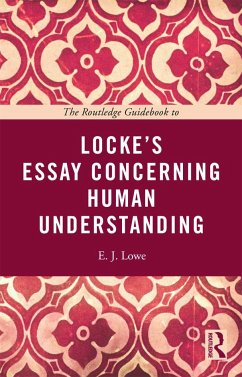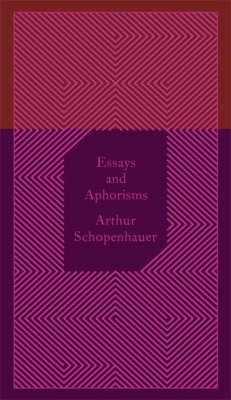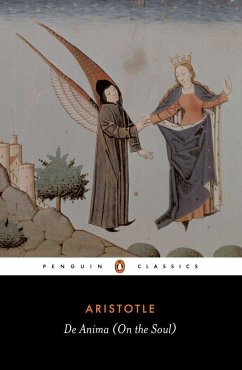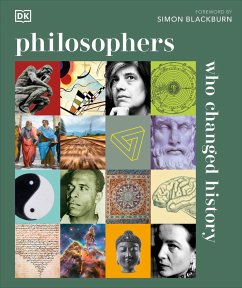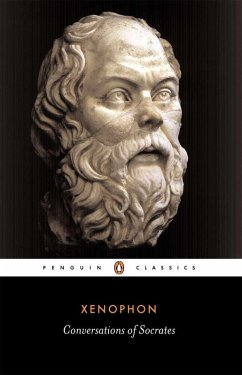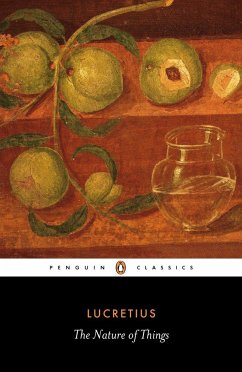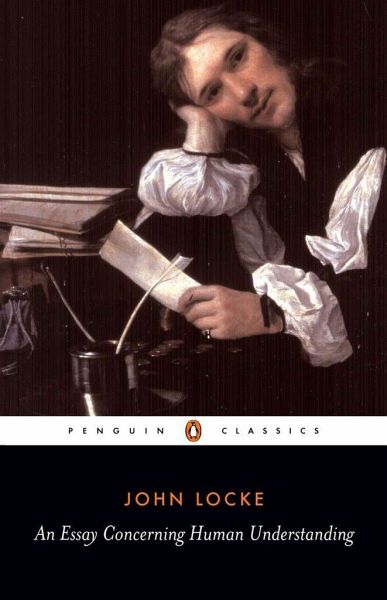
An Essay Concerning Human Understanding

PAYBACK Punkte
11 °P sammeln!
Provides an account of how we acquire everyday, mathematical, natural scientific, religious and ethical knowledge. Rejecting the theory that some knowledge is innate in us, this title argues that it derives from sense perceptions and experience, as analysed and developed by reason.



